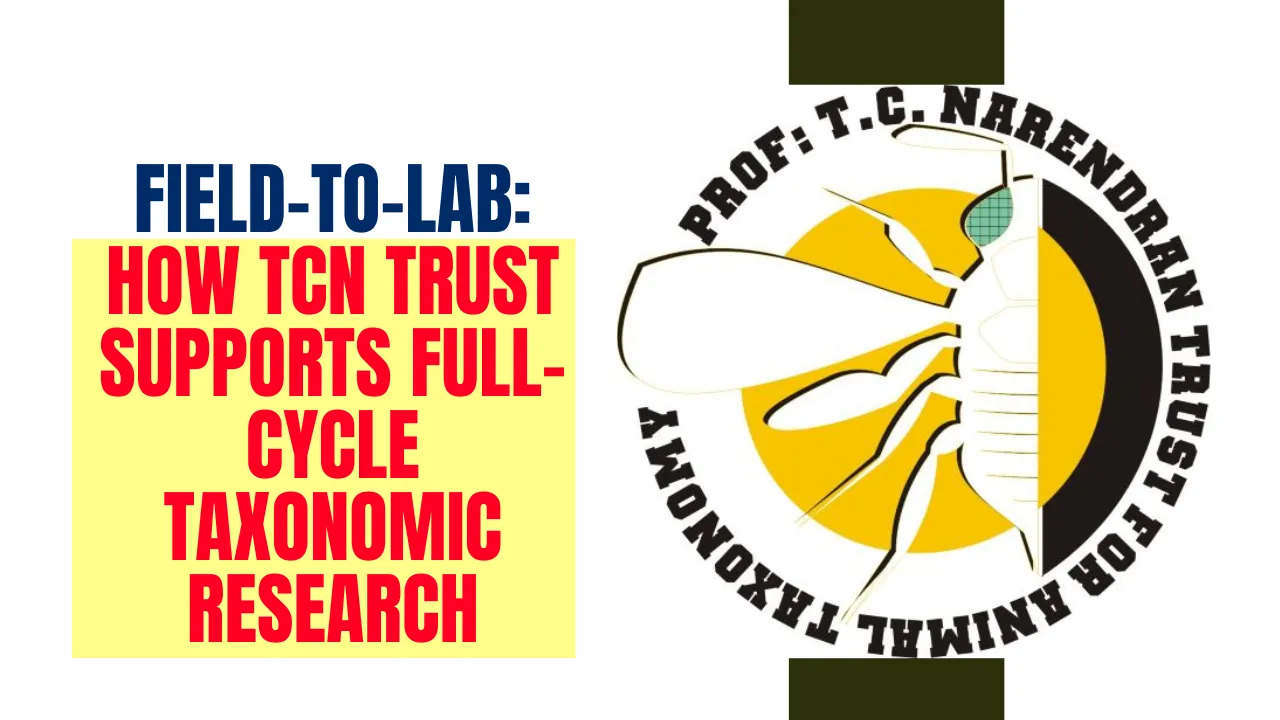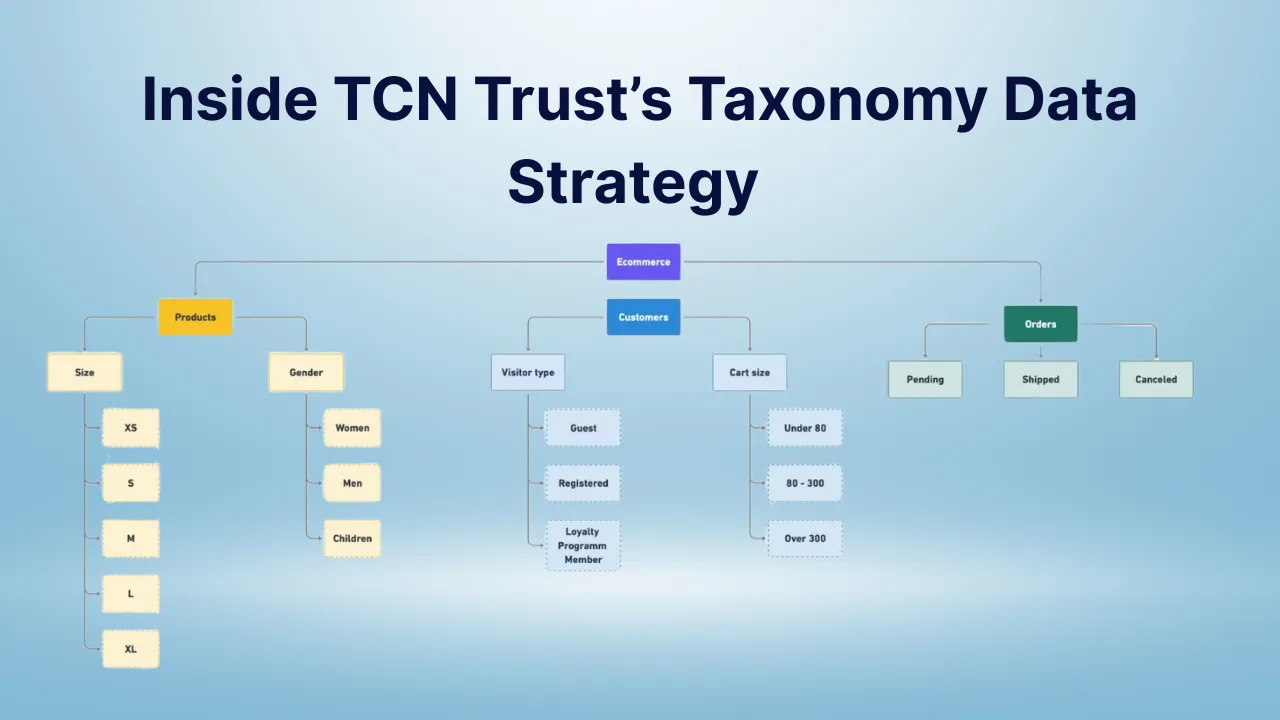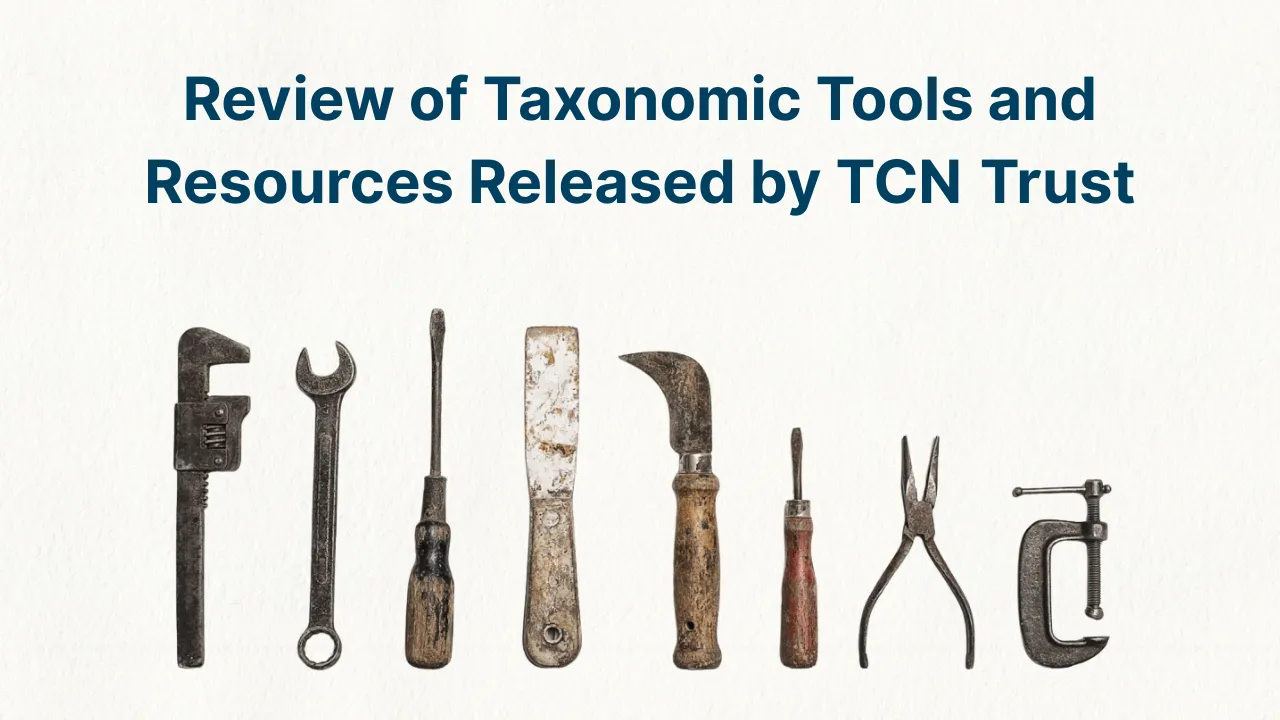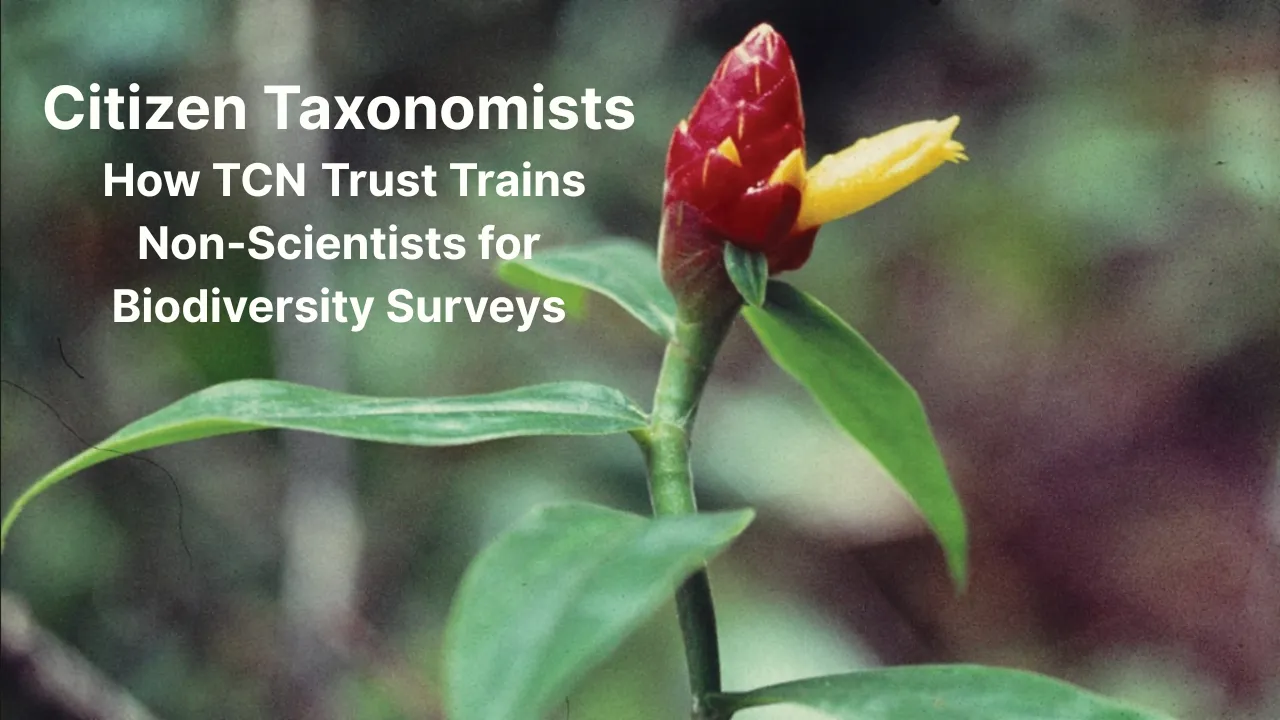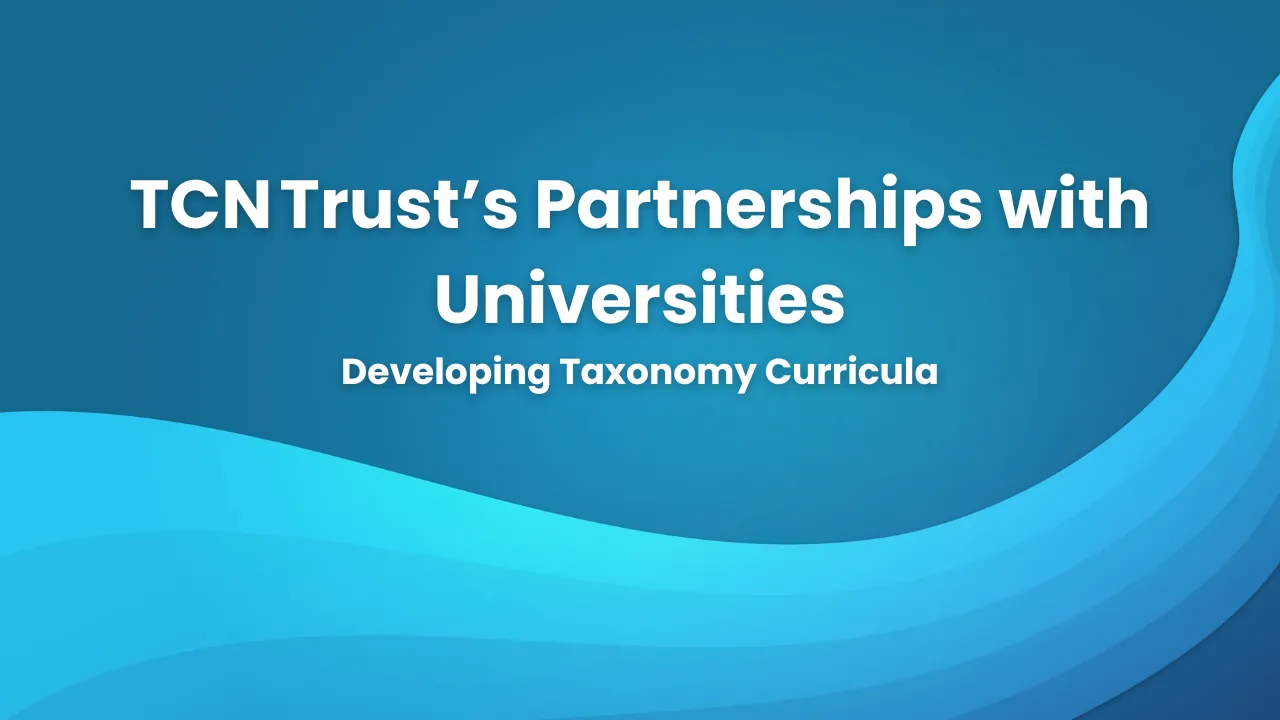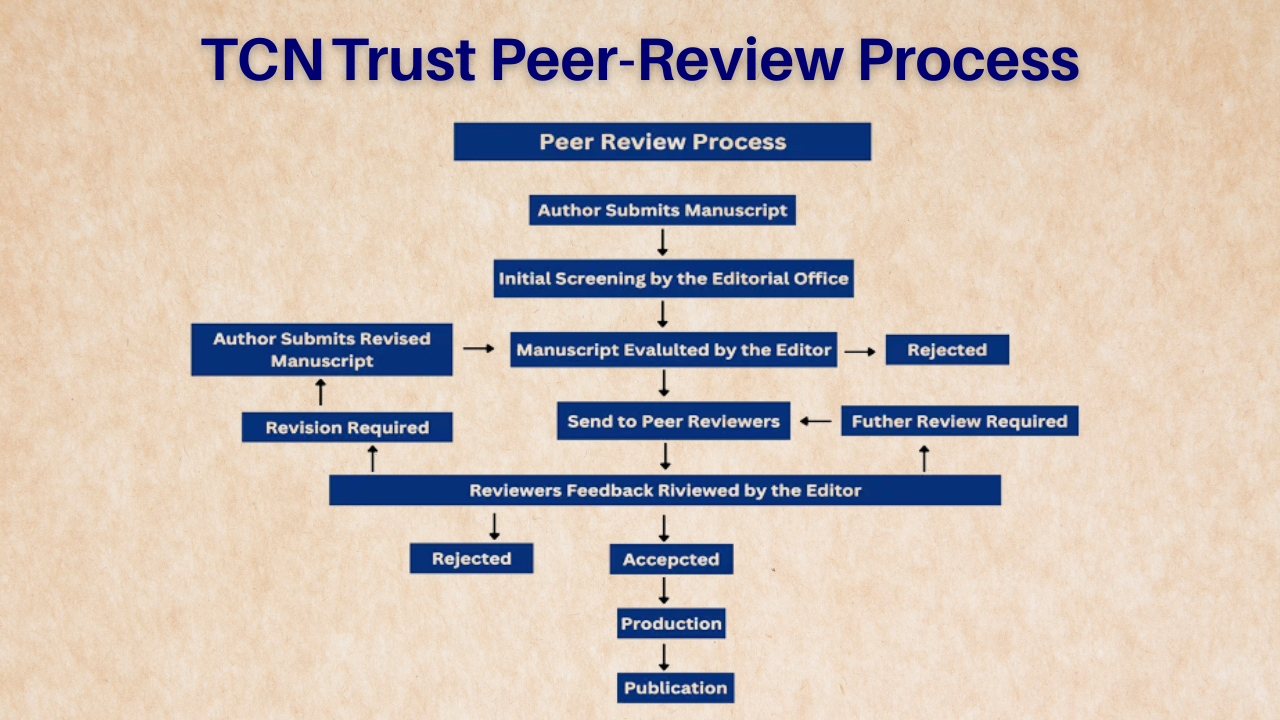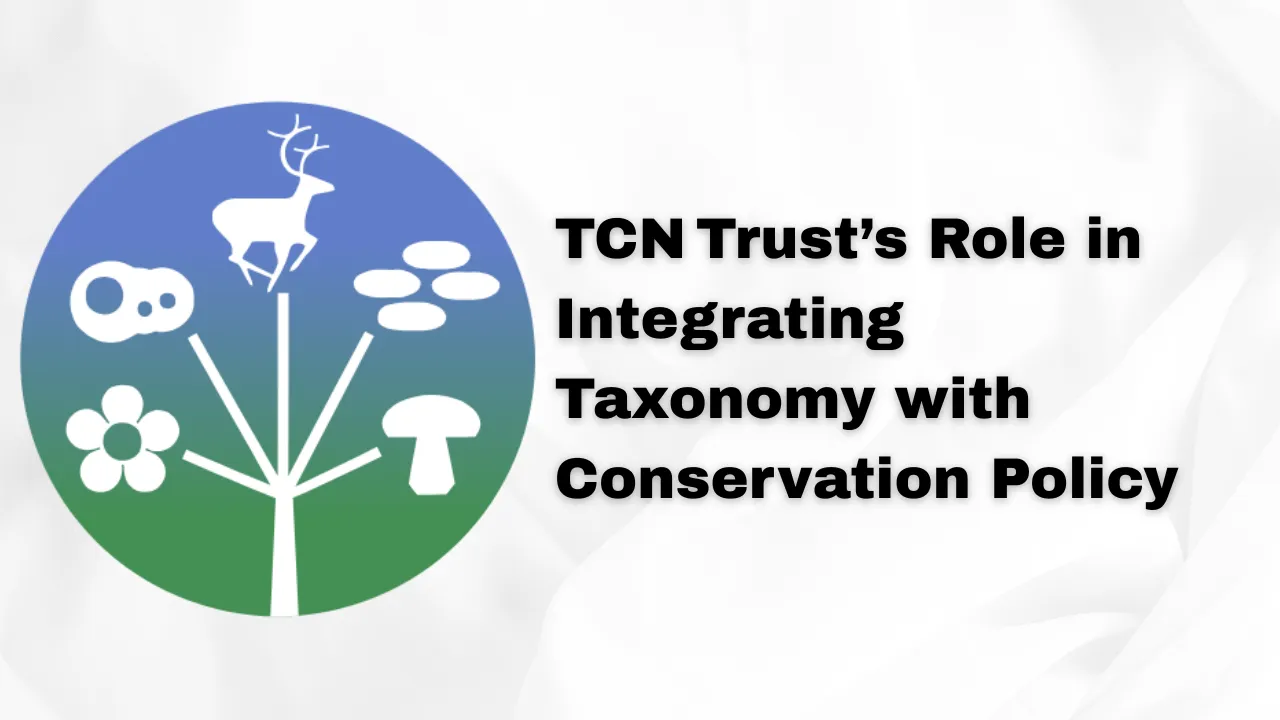TCN Trust is at the forefront of enabling complete, ground-up research in biodiversity and taxonomy across India. At a time when the documentation of species is crucial to conservation and ecological planning, researchers often struggle with fragmented support systems. Many start with passion but find it hard to carry their work from field surveys to scientific journals due to gaps in funding, lab access, and publication support.
This article provides a comprehensive look at how TCN Trust bridges those gaps. It shows how the organization supports every phase of taxonomic work—from specimen collection and laboratory identification to digital archiving and global publishing. If you’re a researcher, student, or conservationist, understanding this full-cycle support model can change the way you approach scientific discovery.
How TCN Trust Drives Full-Cycle Taxonomic Research
TCN Trust offers a rare model of integrated research support that follows the full arc of taxonomic work. Unlike institutions that offer limited aid at one stage, the Trust steps in from the beginning, enabling field explorations, guiding through ethical specimen collection, offering access to modern lab equipment, and supporting data management and publication. This full-cycle model ensures research is not just started but seen through to impactful conclusions. By simplifying logistics and providing technical mentorship, TCN Trust is making taxonomic science more accessible, professional, and outcome-driven.
Overview of the TCN Trust Research Cycle
| Research Stage | Support Provided by TCN Trust |
| Fieldwork | Grants, expedition tools, route planning, local contacts |
| Specimen Collection | Permit support, ethical guidelines, storage kits |
| Laboratory Analysis | Microscopy, DNA sequencing, specimen prep labs |
| Data Management | Templates, digital entry, biodiversity software |
| Manuscript Preparation | Writing guidance, figures/tables, journal targeting |
| Scientific Publication | Submission support, peer-review handling, fee waivers |
Fieldwork and Specimen Collection
Taxonomic discovery begins with rigorous fieldwork, often in remote and under-documented ecosystems. TCN Trust empowers researchers to organize, fund, and execute biodiversity expeditions across India’s rich but fragile habitats. Whether it’s sampling moss in the Eastern Himalayas or tracing insect populations in arid zones, the Trust offers not just financial support but logistical mentorship too.
It also helps researchers adhere to national biodiversity laws by facilitating permits and clearances. Ethical collection methods are encouraged, with special attention to endangered species protocols. Field kits, preservation containers, and mobile tracking apps are made available to ensure specimens are handled and logged accurately for later analysis.
Laboratory Analysis and Identification
Fieldwork is just the beginning. Once specimens are collected, detailed lab work begins—an area where many researchers hit roadblocks due to lack of access. TCN Trust provides institutional partnerships that open doors to well-equipped labs with microscopes, imaging tools, and facilities for DNA barcoding. These tools are essential in identifying cryptic species or confirming new taxa.
Researchers receive technical guidance for preparing slides, analyzing morphological features, and comparing genetic data with global databases. The Trust also trains young taxonomists in proper labeling, preservation, and imaging techniques to meet international standards. This blend of traditional taxonomy with molecular tools ensures accuracy and credibility in species identification.
Digital Data Management and Archiving
Proper data handling is vital in modern taxonomy. TCN Trust guides researchers in using structured data templates for species descriptions, habitat notes, and geolocation tagging. This data is archived in both national and international platforms like GBIF, ensuring visibility and long-term value.
Researchers are encouraged to digitize their collections and participate in data-sharing initiatives. The Trust also provides cloud storage and backup solutions to ensure that no valuable data is lost over time. This step strengthens the scientific community by making findings replicable, traceable, and usable by future researchers, educators, and conservation planners.
Manuscript Preparation and Peer Review Support
Publishing is one of the most challenging stages for any early-career researcher. The process involves more than good science—it demands clarity, format adherence, and professional communication. TCN Trust addresses this gap through its writing support services. Researchers receive feedback on drafts, help with structuring their papers, and guidance on choosing journals aligned with their topic.
The Trust also offers peer-review training, helping researchers respond effectively to reviewer comments. This increases the likelihood of acceptance in high-quality journals. By demystifying the publication process, TCN Trust makes sure that research outcomes don’t remain in notebooks but reach the wider scientific world.
Publication and Outreach
Even after acceptance, the journey isn’t over. Publication often involves fees and technical hurdles like formatting and language polishing. TCN Trust helps offset submission costs and offers proofreading services to enhance presentation quality. For those aiming at open-access publication, the Trust offers financial aid, ensuring wider readership.
Additionally, the Trust encourages researchers to present their work at biodiversity conferences and public events. This brings taxonomic knowledge into conservation policymaking and public awareness. In short, TCN Trust doesn’t just publish research—it promotes it.
List of Research Support Areas Covered by TCN Trust
- Biodiversity expedition grants
- Forest and wildlife department permissions
- Lab infrastructure and technical training
- Digital data storage and archiving support
- Editorial guidance and publication fee aid
Key Tools and Resources Provided by TCN Trust
- Species identification keys and microscopes
- DNA barcoding kits and lab access
- GPS tagging and mobile field logging apps
- Manuscript formatting templates and citation tools
- Network access to peer collaborators and mentors
FAQs
What type of researchers can apply for TCN Trust support?
Both independent researchers and students involved in taxonomy, ecology, or biodiversity studies can apply. Early-career professionals are especially encouraged.
Does TCN Trust offer funding for international research?
Its primary focus is on Indian biodiversity and ecosystems. However, collaborative international research based in India may be considered.
Can TCN Trust help with publishing in international journals?
Yes. The Trust provides help in manuscript preparation, journal selection, and may even offer financial support for open-access publications.
What kind of training does TCN Trust provide?
Workshops and mentorships in taxonomy methods, data management, DNA analysis, and scientific writing are regularly offered.
Is the support limited to biological taxonomy?
While the core focus is biological taxonomy, projects that intersect with ecological monitoring, conservation, and data science are also supported.
Final Thought
Taxonomic research is a cornerstone of biodiversity conservation, but its journey from field to publication is often long and filled with hurdles. TCN Trust changes that story. By offering a complete research lifecycle—from field surveys and lab analysis to publication and outreach—it empowers scientists to focus on discovery rather than logistics. In doing so, it is shaping a new generation of taxonomists who are not only researchers but also conservation advocates.
If you’re passionate about biodiversity and ready to make your mark in taxonomic science, TCN Trust offers the resources, training, and platform you need. Share this with fellow researchers or explore how you can collaborate with the Trust. Real impact begins when science is supported at every step.
